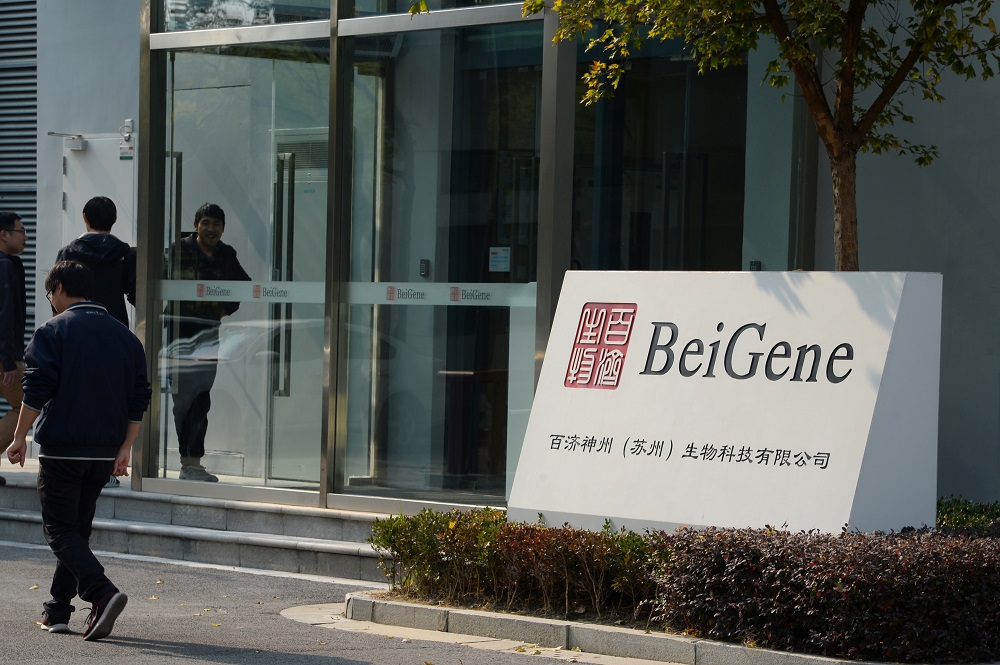BEIJING, Dec 15 — Chinese biotech company BeiGene Ltd plunged on its Shanghai debut today after raising US$3.5 billion (RM14.8 billion) in the biggest STAR Market listing this year.
BeiGene, which posted consecutive years of losses, tumbled more than 15 per cent in early trading, after opening 8.1 per cent lower than its offer price of 192.6 yuan.
The offering, the biggest float of a healthcare company in China in at least two decades according to Refinitiv data, comes amid growing concerns some Chinese companies could be ordered to delist from the US stock market.
BeiGene’s Nasdaq-listed shares have tumbled nearly 20 per cent so far this month, as US securities regulators finalished rules to kick non-compliant Chinese companies off American exchanges in three years — a risk BeiGene flagged in its Shanghai share sale prospecutus.
“The money was raised at a very high valuation compared to Nasdaq and Hong Kong,” said Brad Loncar, whose Loncar Investments runs an ETF for Chinese drug firms.
“STAR IPOs generally come with long holding periods, which is a sign of confidence in the long term by the institutions that bought into it.”
BeiGene’s Hong Kong-traded shares lost over 4 per cent today, having also tumbled one fifth this month.
BeiGene’s poor debut performance in Shanghai means its underwriters will likely start buying shares in the secondary market to help stabilise prices under the so-called greenshoe option mechanism.
Proceeds from BeiGene’s Shanghai share sales of 22.16 billion yuan (RM14.7 billion) will be mainly used to fund clinical trials for potential treatments and to replenish capital, the firm said in its prospectus.
Investors that have subscribed to BeiGene’s Shanghai share sale include China’s national social security fund and Abu Dhabi Investment Authority.
Backed by existing shareholders such as Amgen and Hillhouse-linked HHLR Fund, BeiGene is among China’s most active innovative biotech firms whose self-developed products obtained out-license deals from global pharmaceutical giants. — Reuters






















